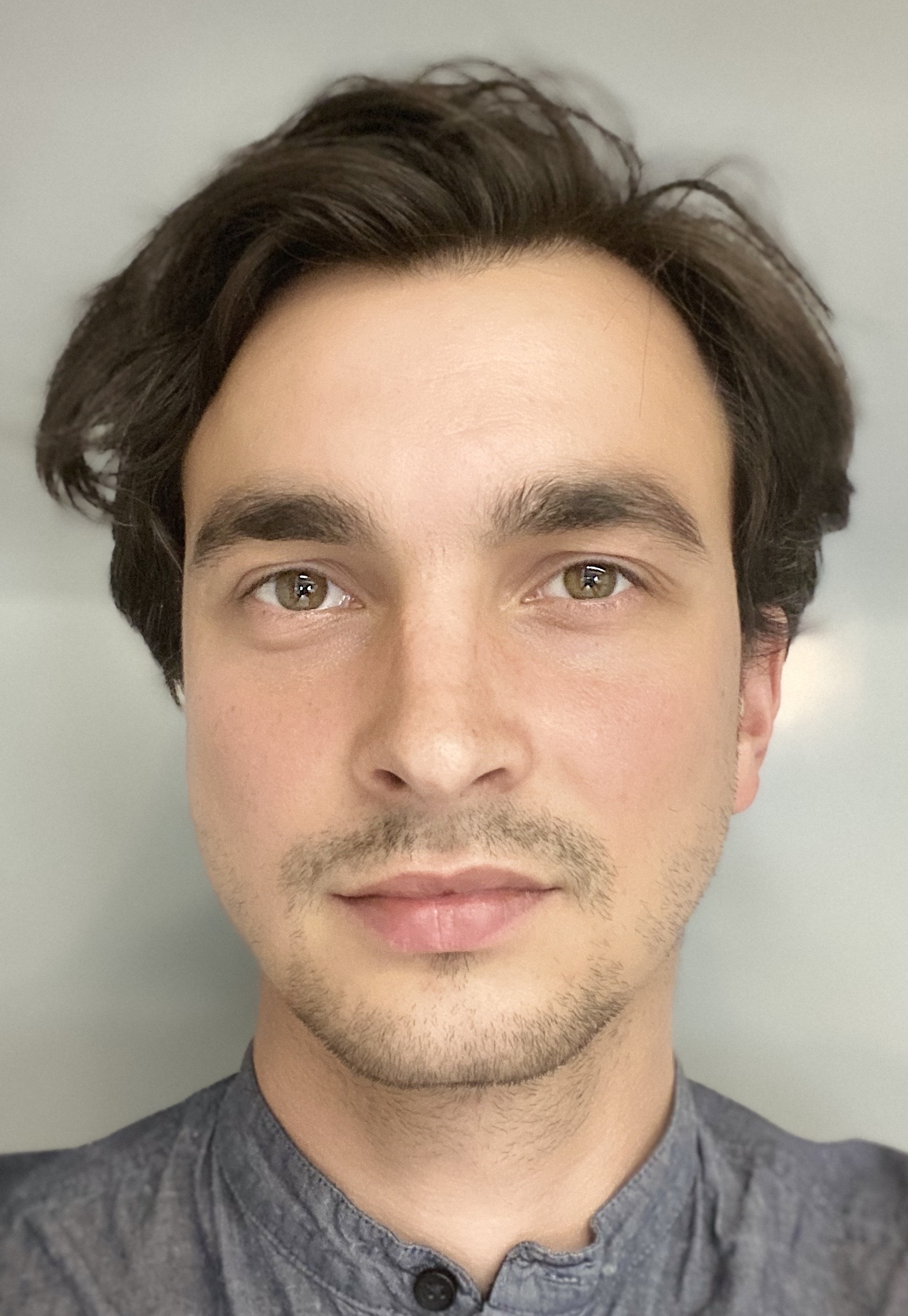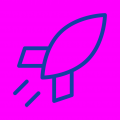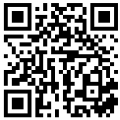
________________________
Dr. Max Riekeles
Technische Universität Berlin
Hardenbergstr. 36 a
10623 Berlin
Room ER127
riekeles@tu-berlin.de
Tel.: 030 314-79486
________________________
Ph.D. Physics 2025, M.Sc. Aerospace Engineering 2018.
I am interested in the questions what is life and how can we find it. Especially, I am interested of bringing technologies from the lab to the real world.
Since October 2018, I am aresearch associate at the Center for Astronomy and Astrophysics of the TU Berlin. Working in the astrobiology group of Professor Schulze-Makuch
From January - September 2022, I took part in the JVSRP program of JPL (California Institute of Technology). I worked in Dr. Chris Lindensmith's OWLS group, developing an automated tracking algorithm for digital holographic microscopes.
Project:
Microbial Motiltiy as a Universal Biosignature
This work will propel research in the field of the molecular biology of motility and allow to better understand locomotive behavior within natural microbial ecosystems. The upcoming missions to Mars and other potentially habitable environments in the solar system, such as the icy moons as Europa or Enceladus, require biochemistry-independent biosignatures for detecting potentially alien life forms; ‘motility’ is an ideal candidate in this context.
Tech-lead: PorthPath: Novel water assessment device
Tech-lead: Dr.MicID: Novel water assessment device
Publications:
Riekeles, M., Bruder, V., Adams, N., Santos, B., Schulze-Makuch, D., 2025. Application of chemotactic behavior for life detection. Front. Astron. Space Sci. 11, 1490090. https://doi.org/10.3389/fspas.2024.1490090
Riekeles M, Albalkhi H, Dubay MM, Nadeau J and Lindensmith CA (2024) Motion history images: a new method for tracking microswimmers in 3D. Front. Imaging. 3:1393314. doi: 10.3389/fimag.2024.1393314
Megan Marie Dubay, Jacqueline Acres, Max Riekeles, Jay L. Nadeau, Recent advances in experimental design and data analysis to characterize prokaryotic motility, Journal of Microbiological Methods, 2022, 106658, ISSN 0167-7012, https://doi.org/10.1016/j.mimet.2022.106658.
M. Riekeles, J. Schirmack, D. Schulze-Makuch (2021) Machine Learning Algorithms Applied to Identify Microbial Species by Their Motility. Life 2021, 11, 44. doi:https://doi.org/10.3390/life11010044
Conference Paper:
Nitschke, T.; Adirim, H.; Balke, A.; Leglise, J.; Melan, E.; Riekeles, M.; Schmid, M.; Wüstenberg, P. (2016). Launch Campaign Of The Upper & Lower Stage And Development Of A 3D-Printed Experimental Rocket At TU Berlin. Deutsche Gesellschaft für Luft- und-Raumfahrt (DGLR). https://www.dglr.de/publikationen/2018/420152.pdf
Patent:
Patent Nr: 10 2021 105 030, Optisches Gerät zur Bestimmung von Biopartikeln in einem fluiden Medium, insbesondere unter Verwendung eines tragbaren Geräts, insbesondere Smartphone, IPC: C12Q 1/04, Inhaber: Airo, Alessandro; Riekeles, Max; Schirmack, Janosch; Schulze-Makuch, Dirk
Award:
Best Presentation Award of the German Astrobiological Society for "Development of a Microscopic Life Detection System for Mars", Essen, Germany, September 2021
Github: https://github.com/maxriek
Astrobio-App:


Please check out the new astrobio quiz app Quastro: https://apps.apple.com/de/app/quastro/id1607598328
- 10 levels with 10 questions each (more than 100 questions in total)
- iOS (iPhone, iPad, Macbook)
- iPhone SE 2nd generation or newer (older versions do not work)
- First version-> I'm happy about usability & content feedback
- In case of errors, bugs, remarks please send feedback to riekeles@tu-berlin.de with subject Quastro
- Android version planned
- Extension of app is planned